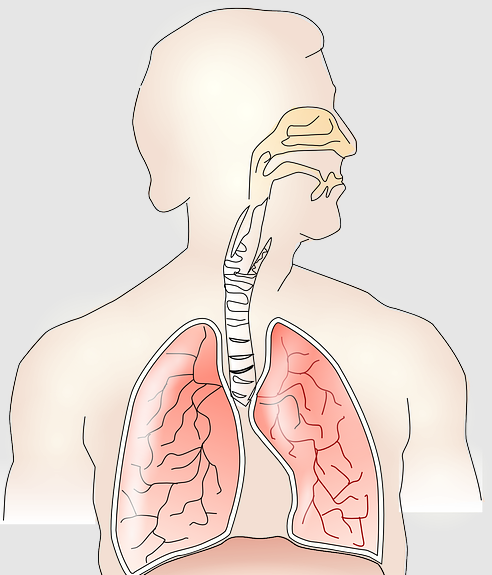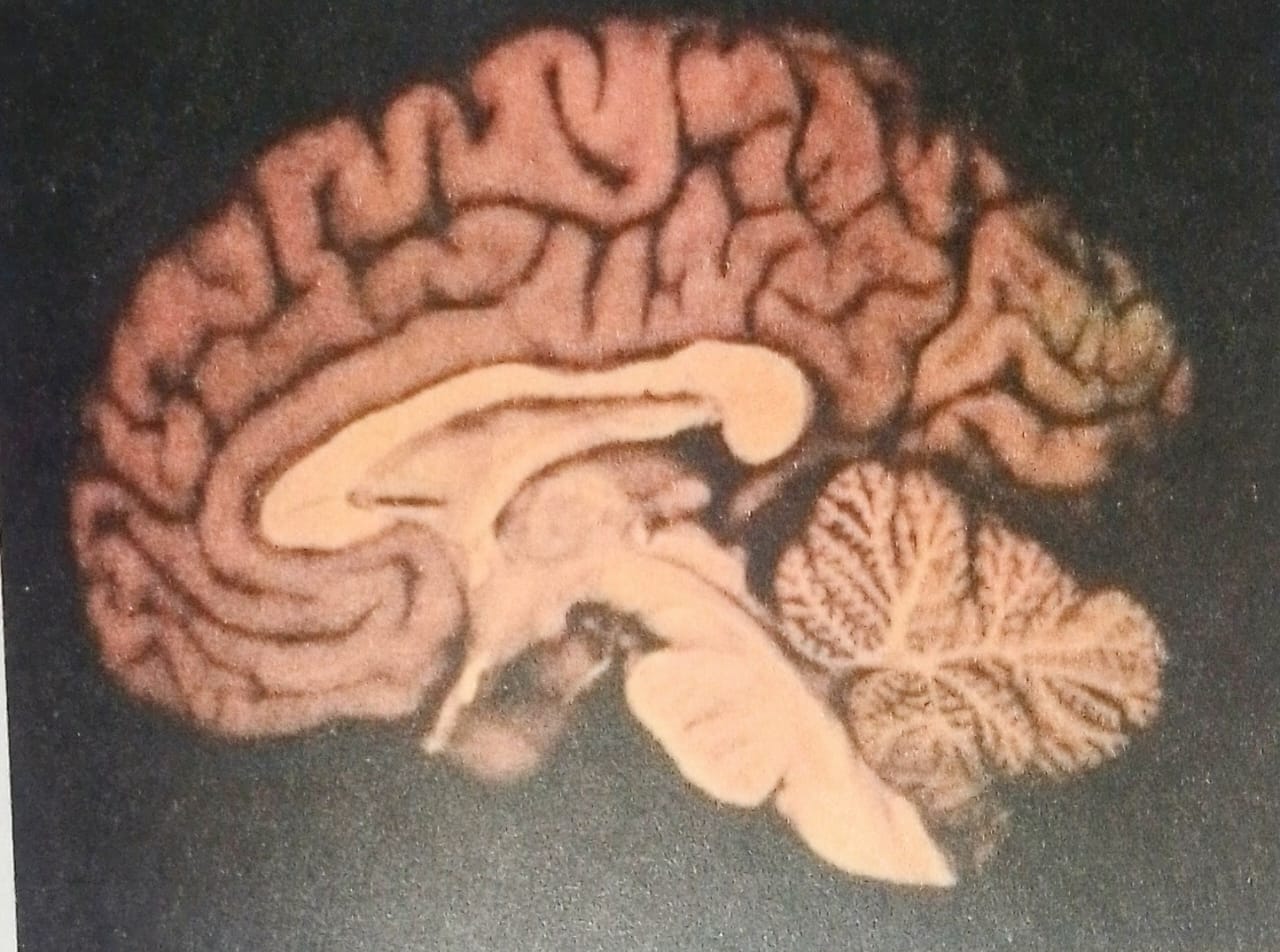A Journey into Understanding the Cystic Fibrosis disease
Living with a chronic illness is never easy, and cystic fibrosis (CF) is no exception. Cystic fibrosis disease is a lifelong, genetic disease that makes life more challenging due to the buildup of thick, sticky mucus in the lungs and digestive system. With recent advances in treatment and a supportive community, people with CF today have more tools than ever to live fuller, healthier lives. Let’s break down what CF is, how it affects the body, and what living with it means.
Causes of Cystic Fibrosis disease
The Genetic Side of cystic fibrosis disease
CF happens due to a defect in a specific gene called CFTR (cystic fibrosis transmembrane conductance regulator). This gene essentially acts like a traffic controller for salt and water movement in cells. When the CFTR gene doesn’t work correctly, it causes the production of extra-thick mucus that can clog up parts of the body, leading to the symptoms and complications of CF.
How is Cystic fibrosis disease Inherited?
CF is inherited in a way similar to how we inherit eye color or height. For a child to have CF, both parents need to carry a defective CFTR gene. If both parents pass down a faulty copy, then the child will develop CF. It’s a “recessive” condition, meaning that if only one parent passes down the gene, the child won’t have CF but could be a carrier.
Effect of Cystic Fibrosis disease on human body parts
Lungs and Respiratory Health
The lungs are heavily impacted by CF. The thick mucus in the lungs traps bacteria, making infections more common and harder to fight off. This leads to frequent coughing, lung infections, and other respiratory issues.
Digestive System and Nutrition
The sticky mucus also blocks digestive enzymes from reaching the small intestine, which makes it hard for the body to break down and absorb nutrients from food. People with CF often have to eat more calories to maintain a healthy weight and may need to take enzyme supplements to help with digestion.
Other Areas Affected by Cystic fibrosis disease
CF affects other parts of the body, too. For example, it can impact fertility, particularly in men, and cause thicker mucus in the sinuses, leading to sinus infections. Even sweat glands are affected, leading people with CF to have saltier skin.
Common Symptoms of Cystic Fibrosis disease
CF shows up in different ways depending on the person and their age.
Symptoms in Babies and Children
Some of the first signs of CF show up early on. Babies might have a salty taste on their skin or struggle with gaining weight despite a good appetite. Persistent coughing, lung infections, and digestive issues are also common symptoms.
Symptoms in Teenagers and Adults
As children with CF grow up, symptoms can evolve. Persistent sinus infections, wheezing, and shortness of breath are common. Digestive symptoms often continue, and some people with CF may develop CF-related diabetes as they get older.
Diagnosing of Cystic fibrosis
Newborn Screening
In many places, CF is part of routine newborn screening. A small blood sample from the baby’s heel is tested to look for markers that suggest CF, which can allow for early diagnosis and treatment.
Sweat Tests and Genetic Testing
One of the main ways CF is confirmed is through a sweat test, where doctors measure the amount of salt in a person’s sweat. People with CF often have much saltier sweat. Genetic testing is also used to look at the CFTR gene itself, which can help identify the specific mutation and tailor treatments accordingly.
Understanding CF Mutations
Types of Mutations
There are over 2,000 different mutations of the CFTR gene. Some mutations cause more severe symptoms, while others lead to milder forms of CF. The most common CF mutation is called Delta F508, but others exist with varying impacts on health.
Mutation Classes and Severity
Doctors classify CF mutations based on how severely they affect the CFTR gene’s function. Some mutations result in no CFTR protein at all, while others cause a malfunctioning version of the protein. Knowing the mutation type can help in choosing the best treatment.
Life with Cystic Fibrosis
Managing Day-to-Day Life
Living with CF requires commitment and routine. Many people with CF follow a daily schedule that includes taking medications, using airway clearance techniques, and sticking to a specific diet. Exercise, despite being challenging at times, is also helpful as it can improve lung function.
Mental and Emotional Health
The mental toll of managing CF is real. The routines, physical challenges, and uncertainty about the future can lead to anxiety or depression. But a strong support system—whether through family, friends, or online CF communities—can make a big difference in facing these challenges.
Treatment Options for Cystic Fibrosis disease
Medications and Their Role
Medications are essential in CF care. Antibiotics help manage infections, bronchodilators open the airways, and mucus-thinning drugs make it easier to breathe and clear the lungs. Enzyme supplements are also important for those struggling with digestion.
Chest Physical Therapy (CPT)
Many people with CF use CPT, which involves specific techniques or devices to help clear mucus from the lungs. There are also devices like “vests” that vibrate the chest, making it easier to move and clear mucus.
Nutritional Support
Maintaining weight is crucial for people with CF, especially because the body struggles to absorb nutrients. High-calorie diets, enzyme supplements, and sometimes additional vitamins can help keep people with CF nourished and strong.
Hope for a Cure in Gene Therapy
Gene therapy is one of the most hopeful areas of CF research, aiming to fix the CFTR gene itself. While it’s still being researched, this could be a game-changer, potentially “curing” CF by correcting the faulty gene.
What’s the Outlook for People with CF?
Thanks to advances in treatment, the outlook for people with CF has improved greatly over the past few decades. Many people with CF are now living well into adulthood, pursuing careers, raising families, and leading full lives.
The Importance of Support Networks
People with CF often find support through CF clinics, where they receive specialized care tailored to their needs. Support groups, both in-person and online, provide a place to share experiences, advice, and encouragement with others who understand the unique journey CF brings.
Conclusion
A person Living with cystic fibrosis have a very tough life and have many challenges. Each day people with CF face a number of difficulties, but with the right treatment and a strong supportive network, they can live lives of love, achievements, joy and happiness.


Your articles are extremely helpful to me. May I ask for more information?
Thank you for providing me with these article examples. May I ask you a question?
I am constantly looking online for ideas that can help me. Thx!